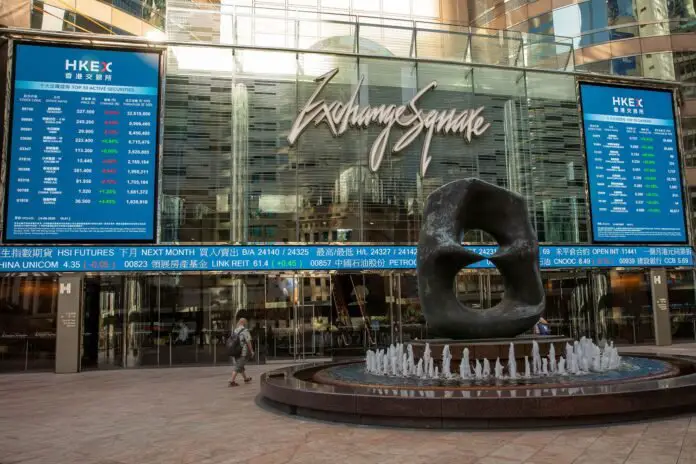Hang Seng Index Decline: A Closer Look at Market Trends
The Hang Seng Index, a key barometer of Hong Kong’s stock market, experienced a notable decline of 0.4 percent, closing at 19,150.99 last week. This drop extends a worrying trend, as the index had already fallen by 1 percent the previous week. The latest figures mark the index’s lowest closing point since September 25, raising concerns among investors about the future trajectory of the market.
Performance of the Hang Seng Tech Index
In tandem with the broader market, the Hang Seng Tech Index also faced challenges, losing 0.3 percent. This decline reflects the ongoing struggles of technology stocks, which have been under pressure due to various economic factors, including regulatory scrutiny and shifting consumer demand. The tech sector, often seen as a growth engine for the market, has been unable to maintain momentum, contributing to the overall bearish sentiment.
Trading Volume and Market Activity
Market activity in Hong Kong has shown signs of slowing down, with turnover approximately 5 percent lower than the 30-day average, according to Bloomberg data. This decline in trading volume suggests a lack of confidence among investors, who may be hesitant to engage in the market amid uncertain economic conditions. Reduced trading activity can often lead to increased volatility, as fewer transactions can exacerbate price swings.
The downturn in Hong Kong’s stock market is mirrored by performance in mainland China, where key indices also inched lower. The CSI 300 Index fell by 0.5 percent, while the Shanghai Composite Index slipped by 0.1 percent. These movements indicate a broader trend of caution among investors in the region, as concerns about economic stability and growth prospects weigh heavily on market sentiment.
The recent rally in the Hong Kong market appears to have lost its momentum, primarily due to disappointing fiscal stimulus measures from the Chinese government. Investors had hoped for more robust support to bolster the economy, but the lack of substantial action has led to increased skepticism. Additionally, fears of higher tariffs from the United States have added another layer of uncertainty, further dampening investor enthusiasm.
Recent earnings reports from listed companies have highlighted the ongoing challenges faced by businesses in China. Many firms are grappling with weak domestic demand, which has been exacerbated by lingering issues in the property sector. The combination of these factors has created a challenging environment for companies trying to navigate a post-pandemic recovery.
As of the latest figures, the Hang Seng Index is down 17 percent from its peak earlier this year, which was reached in October.

